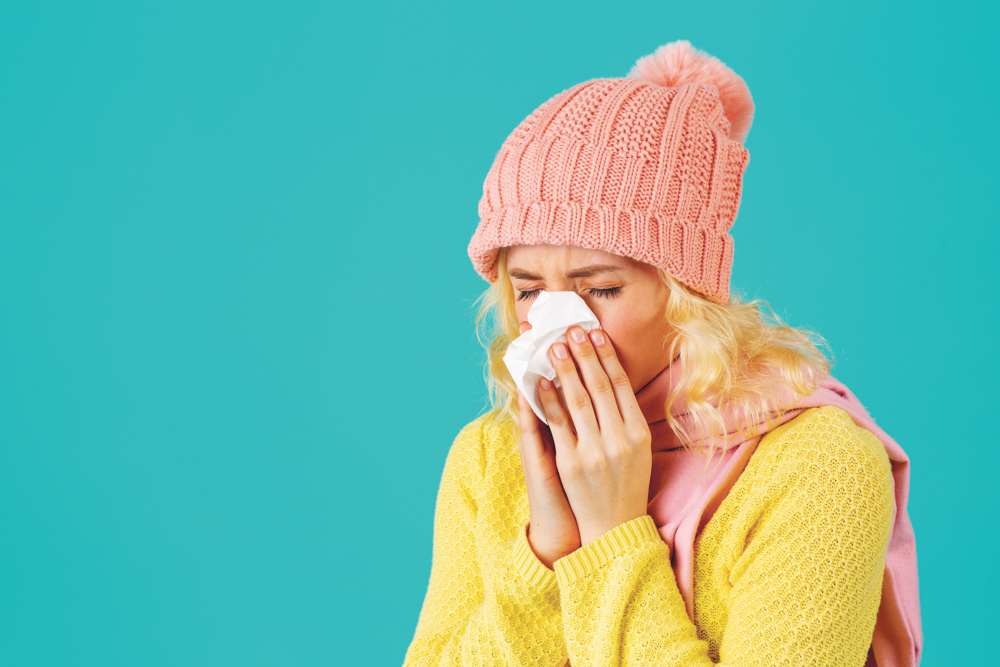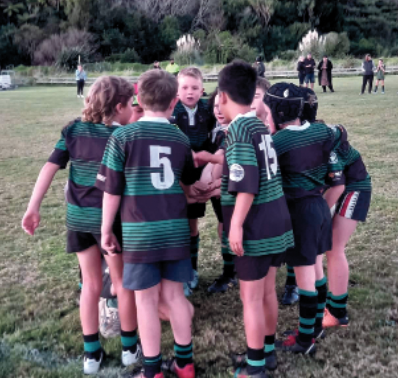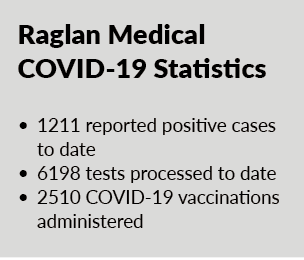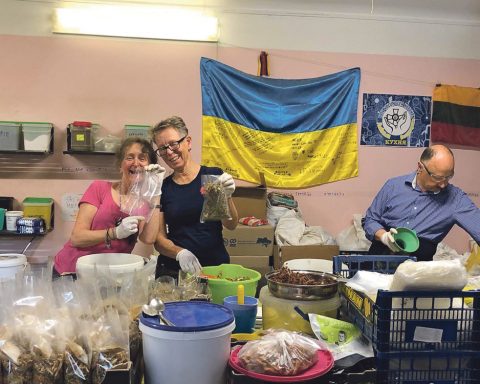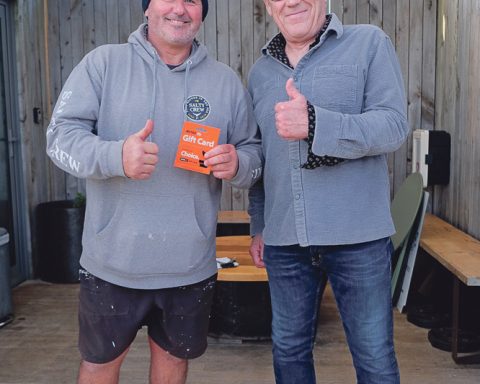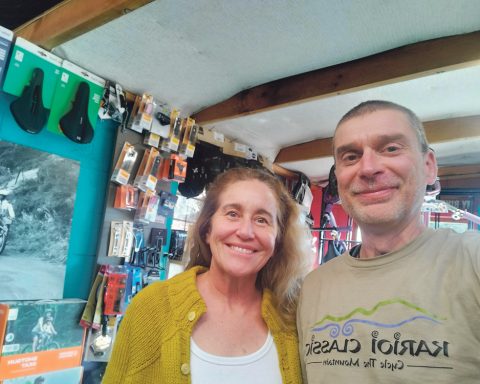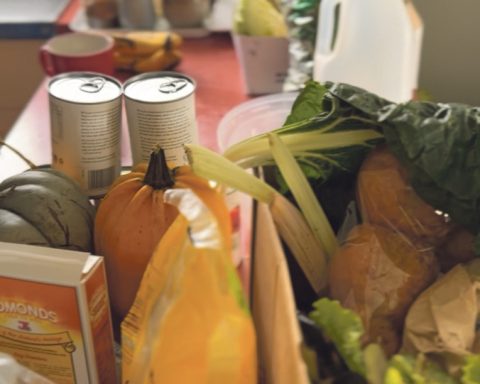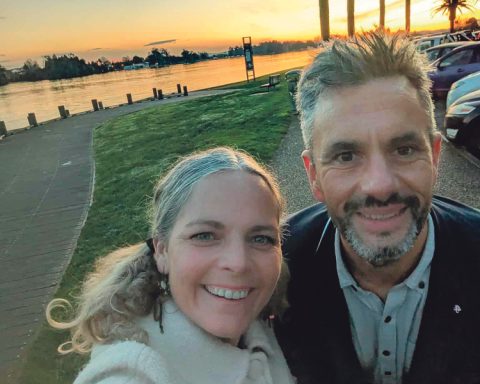Waikato DHB wants to boost immunisation rates ahead of what is predicted to be a tough winter as our borders open with new flu variants and other serious illnesses such as measles and whooping cough circulating.
The reduced prevalence of flu and measles during the last two years, and a focus on COVID-19, has contributed to a drop in some other immunisations since 2020. There has been an additional drop for measles, mumps and rubella (MMR) vaccinations at 12-months and 15-months. This is largely due to a change in the MMR immunisation schedule which saw the second MMR dose previously administered at 4-years now due at 15-months. This means there is a group of children aged 2-5-years who need to catch-up with their second MMR vaccination.
In the Waikato district area fully immunised childhood rates have dropped from 87.9% to 80.4% for 8-month-olds, from 88.7% to 77.7% for 24-month-olds, and from 79% to 74% for 5-year-olds.
“We need vaccination rates of 95% to reach ‘community immunity’ sometimes known as ‘herd immunity’ to help prevent outbreaks of diseases such as measles, mumps and rubella,” says Dr Felicity Dumble, WDHB Medical Officer of Health.
“Disease outbreaks can have serious consequences for families and communities. Those who are not immunised, whether that’s by choice or other circumstances, are worst affected by these outbreaks.”
The 2019 measles outbreak infected more than 2,000 people, and 700 had to go to hospital, with Māori and Pacific communities the most affected. Dr Dumble says Māori have also been disproportionately impacted by COVID-19, including a significant impact on their vaccination coverage for multiple reasons.
“Moving forward we are endeavouring to learn from what components worked well for Māori during the COVID-19 vaccination campaign and incorporate these in our programmes,” says Dr Dumble.
The DHB is now expanding what is offered at its COVID-19 community vaccination sites to include free influenza immunisations to those eligible, free MMR immunisations to 3-years and above, and COVID-19 vaccines to 5-years and above.
GPs and pharmacies are also providing vaccination services for MMR, influenza and whooping cough.
Influenza immunisations are now free to those aged 65 and over, Māori and Pacific people aged 55 and over, adults with health conditions such as asthma and diabetes, children aged 4 years or under who have a history of significant respiratory illness, and pregnant women. Those who do not qualify for the funded vaccine are encouraged to buy one through their chosen provider.
There is also an ongoing campaign to get teenagers and young adults fully immunised against measles as some have missed one or both recommended doses of MMR vaccine. It’s safe to have MMR vaccinations even if you can’t find out whether you’re up to date. MMR vaccines have been used in New Zealand since 1990, and are free to anyone born after 1969 who is eligible to receive publicly funded health and disability services here.
COVID-19 is also expected to be an ongoing concern with overseas experience indicating a second peak is common. The DHB is encouraging all eligible people to get their COVID-19 booster to help protect against the Omicron variant.
Teenagers aged 16 or 17 can now get a COVID-19 booster, 6 months after completing their primary course, from any of the multi-vaccination sites. Those who contracted COVID-19 during the latest outbreak will begin to become eligible for their boosters also, following a three month stand-down to recover from the virus.
Whooping cough (pertussis) is also a concern with the last outbreak in 2017 seeing as many as 600 cases a month.
“Whooping cough is highly contagious, and most severe in babies so keeping to the immunisation schedule of six weeks, three months and five months of age is crucial in controlling outbreaks.”
“With the opening up of our borders and the expected return of whooping cough, we are encouraging pregnant women to get vaccinated against it as new-born babies getting the anti-bodies from their mums is really, really important in giving early protection against this severe, potentially deadly disease,” says Dr Dumble. Pregnant women are also able to get free influenza vaccine during pregnancy to protect them and their unborn babies.
People who aren’t sure whether they are up-to-date with all their scheduled immunisations can check with their GP or in their Well Child Tamariki Ora My Health Book, says Dr Dumble.
“Getting immunised is about being a kaitiaki for your whānau,” says Dr Dumble. “When you get vaccinated you look after your own health and help prevent the spread of disease. These diseases can be really serious for our young pēpi and tamariki, so it’s vitally important we get vaccinated to keep them and future generations safe.”
For information on Booster vaccinations visit: https://covid19.govt.nz/covid-19-vaccines/how-to-get-a-covid-19-vaccination/getting-your-booster-dose/
For information on Influenza vaccinations visit: www.fightflu.co.nz Or call Healthline on: 0800 466 863
